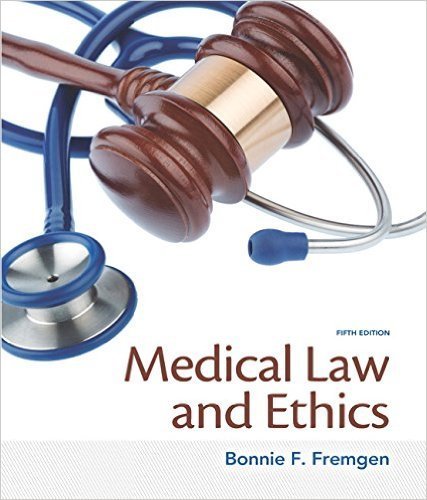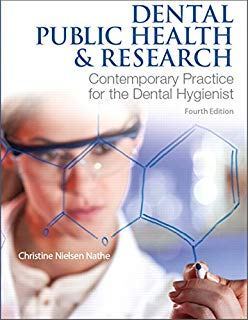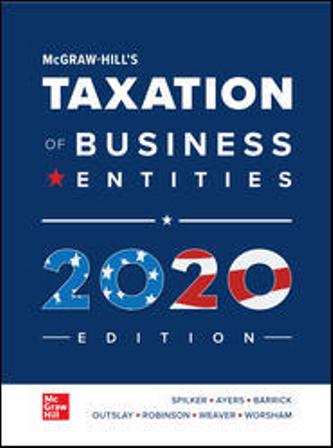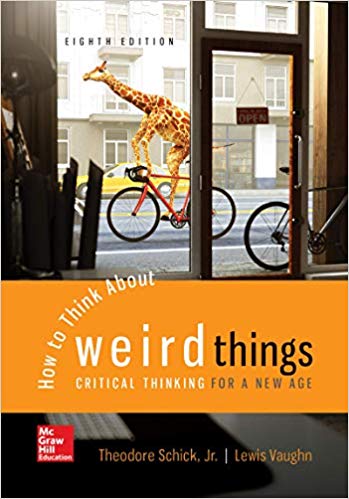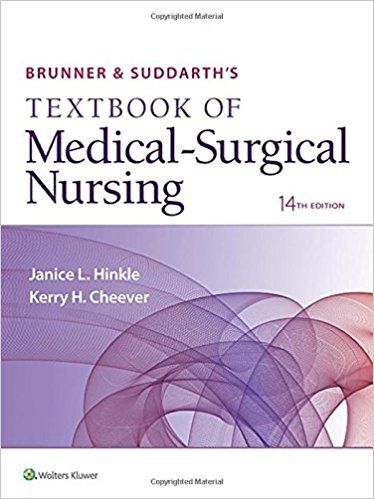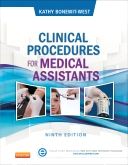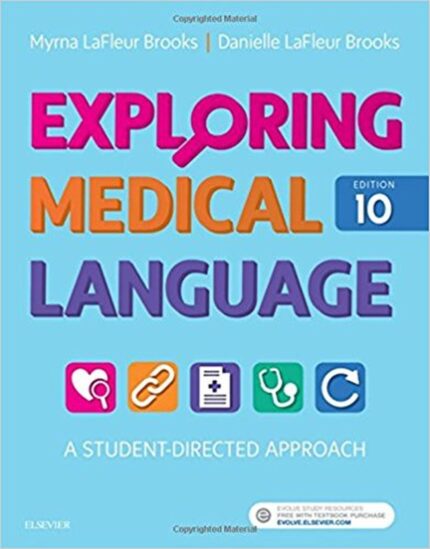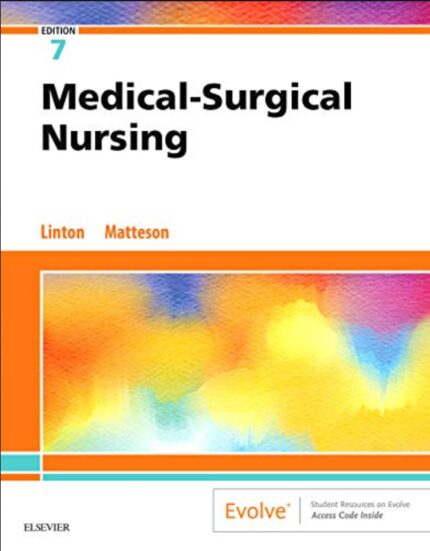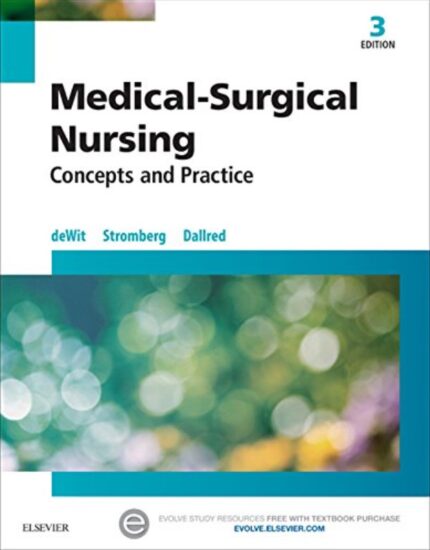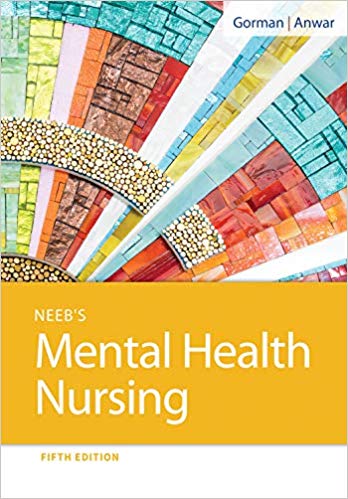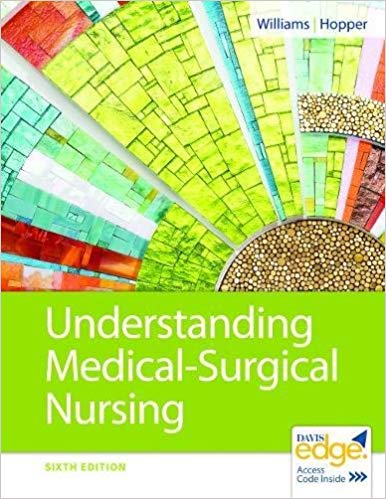Test Bank for Medical Law and Ethics 5th Edition by Fremgen
Chapter 1 Introduction to Medical Law, Ethics, and Bioethics
1) Which definition most accurately describes applied ethics?
- A) The legal application of moral standards that concern benefiting the public
- B) The practical application of moral standards that are meant to benefit the patient
- C) The legal application of moral standards that benefit the patient
- D) The legal application of moral standards that are based on the sincerity of a person’s beliefs
Answer: B
2) Illegal actions are
- A) usually unethical.
- B) seldom unethical.
- C) not unethical.
- D) not related to ethics.
Answer: A
3) Laws are rules or required actions that are
- A) written by the people to control the actions of criminals.
- B) moral decisions about how the population should live.
- C) ethical considerations of the cultural beliefs of the population.
- D) prescribed by an authority and have a binding legal force.
Answer: D
4) The purpose of law is to
- A) provide a way of measuring our actions.
- B) punish us when our actions break the law.
- C) provide moral decision-making standards.
- D) A and B.
Answer: D
5) The study of a branch of philosophy related to morals, moral principles, and moral judgments is called
- A) ethics.
- B) law.
- C) medical practice acts.
- D) utilitarianism.
Answer: A
6) The quality of being virtuous is called
- A) sympathy.
- B) utilitarianism.
- C) morality.
- D) empathy.
Answer: C
7) Unethical acts are
- A) not always illegal.
- B) always illegal.
- C) not related to the law.
- D) uncommon in society.
Answer: A
8) Which definition is correct for medical practice acts?
- A) The practice of medicine in all fifty states
- B) The practice of medicine in a particular state, including the requirements and methods of licensure
- C) The practice of medicine in all 50 states and what constitutes unprofessional conduct
- D) The practice of medicine in a particular state, including the requirements and methods of certification
Answer: B
9) Medical practice acts may include laws regarding
- A) conviction of a felony.
- B) unlicensed persons practicing medicine.
- C) improper record keeping.
- D) B and C.
Answer: D
10) The study of ethics includes the use of
- A) moral principles.
- B) moral judgments.
- C) logic.
- D) all of the above.
Answer: D

